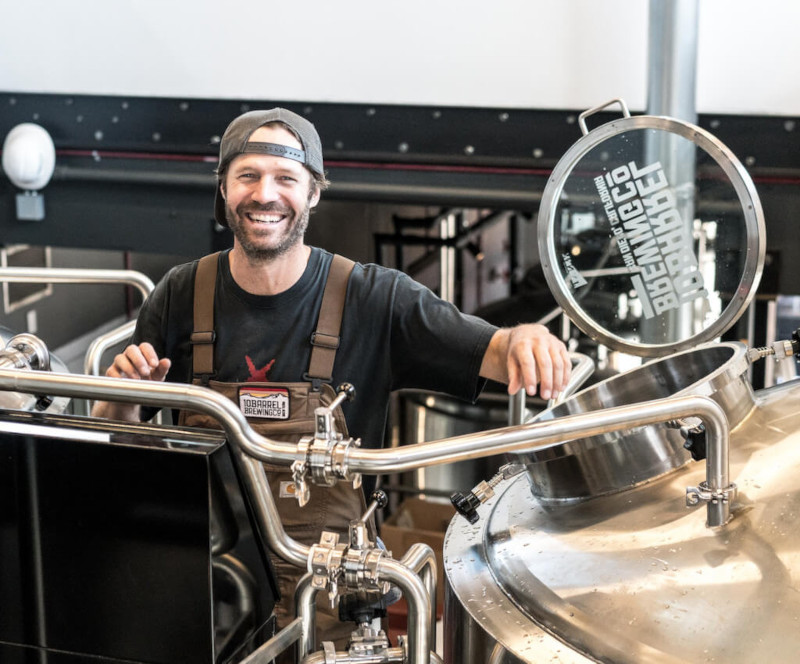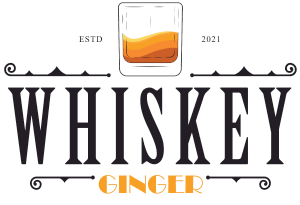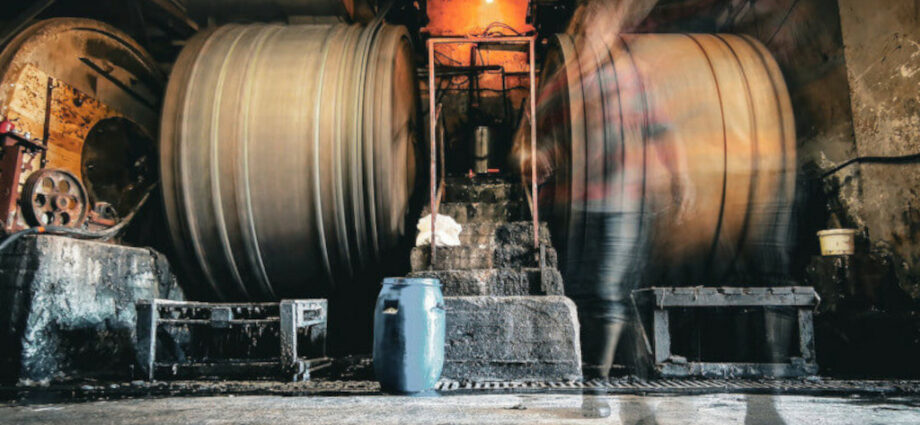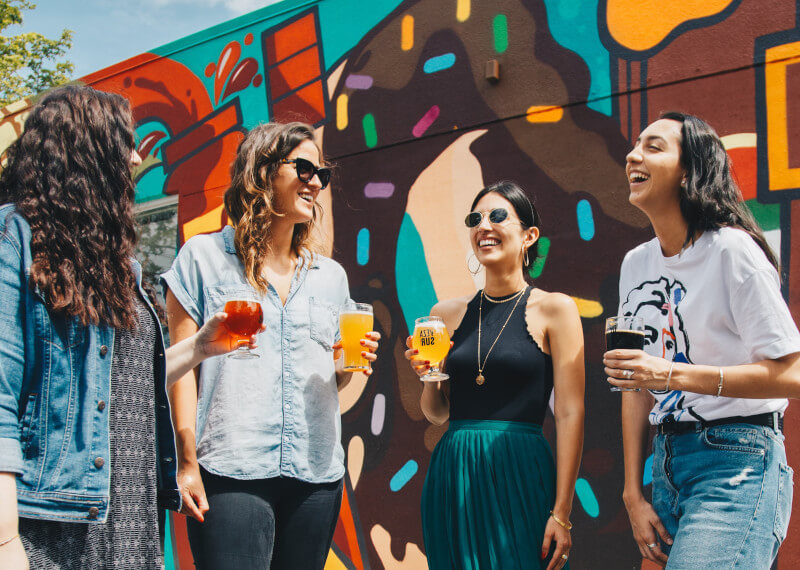Over recent years, the evolution of non-alcoholic spirits has gained remarkable momentum. With the rise of health consciousness and an increasing number of individuals choosing to reduce or eliminate their alcohol intake, the demand for high-quality, alcohol-free spirits is undeniable. There are now over 200 varieties of such spirits available. However, there’s one facet that remains unexplored by many: the production site.
Distilleries Are The Main Powerhouses
Most of us have probably enjoyed a non-alcoholic spirit, be it at home or in a bar. Yet, how many know where these spirits come from? Interestingly, many non-alcoholic spirits originate from distilleries that also produce alcoholic variants. And while this might be common knowledge within the industry, it isn’t widely discussed in the public realm.
However, a shift is afoot. Leading producers, from Fife, Scotland to Portland, Oregon, are heralding a new chapter with dedicated distilleries for alcohol-free spirits.
Feragaia: Pioneers in Scotland
Scotland, a land synonymous with whisky, witnessed a revolution led by Feragaia. Situated close to Lindores Abbey, where whisky production dates back to 1494, Feragaia stands as Scotland’s first distillery exclusively crafting alcohol-free beverages.
Bill Garnock, co-founder of Feragaia, believes in the power of transparency. “Transparency and provenance are key behind every great food or drink brand,” he says. Feragaia embraces traditional methods like pot stills and blending with spring water. Their 2022 unveiling allowed patrons to see this first-hand.
But one shouldn’t assume that Feragaia is attempting to mimic whisky. Though the name might hint at Scottish whisky distilleries like Laphroaig, Feragaia stands apart. It’s a botanical non-alcoholic spirit, mirroring the essence of Scotland with botanicals such as lemon verbena, black currant leaf, and kelp.
Bax Botanics is a Natural Evolution

The transition from foraging to distillation was but a natural progression for Rose and Chris Bax of North Yorkshire. Founders of Taste of the Wild, a foraging school, Bax Botanics emerged from their passion for the environment. Their two signature alcohol-free spirits, infused with sea buckthorn and lemon verbena, epitomize this commitment. They have even garnered recognition, clinching the Global Good Award in 2020 for their endeavors.
All the Bitter: Crafting Real Bitters
San Francisco’s Ian and Carly Blessing took a unique direction after their tenure as sommeliers at The French Laundry. Instead of spirits, they ventured into the realm of non-alcoholic cocktail bitters with All the Bitter. This focus on niche offerings, coupled with a dedication to raw organic ingredients, has positioned them as noteworthy contributors to the industry.
Wilderton: The Portland Beacon
Brad Whiting and Seth O’Malley’s Wilderton, birthed in 2019, serves as a beacon of hope for aficionados. Both founders, with extensive backgrounds in spirits, emphasize the importance of customer engagement. O’Malley, with his extensive experience in botanicals, remarks, “If they’re curious about all the nerdy details of how we make Wilderton, we can’t wait to have that conversation.”
With all of this said and done, there will be inevitable questions arising regarding its long-term implications on the traditional distillery industry. This is something serious stakeholders or even alcoholic distilleries should take into account.
Market Scope and Potential
The consumer base for non-alcoholic spirits isn’t solely individuals abstaining from alcohol; it’s broader. It includes those who opt for an occasional non-alcoholic beverage, individuals with health constraints, and those intrigued by novel, high-quality drink experiences. This broad demographic augments the overall market scope, hinting at a considerable, untapped potential. A perspective on where the distribution networks are and their accessibility will provide you with more insight into how widespread this industry is already:
| Distribution Channel | How It’s Being Used By The Non-Alcoholic Industry? |
|---|---|
| Online Platforms |
|
| High-end Establishments |
|
| Local Liquor Stores |
|
| Pop-up Events and Festivals |
|
| Collaborations and Partnerships |
|
But, what’s the real hype with the non-alcoholic movement? What is truly driving consumers towards these products? While health considerations undoubtedly play a huge role, it’s evident that the appeal is multi-faceted:
- Health and Wellness: In a world increasingly conscious of well-being, many are gravitating towards healthier beverage choices. Non-alcoholic spirits provide a way for consumers to enjoy the ritual of a drink without the repercussions of alcohol. Whether it’s avoiding the hangover, managing calorie intake, or simply prioritizing mental clarity, health motivations are strong drivers.
- Social Inclusivity: Social settings often revolve around drinking. Non-alcoholic spirits provide an alternative for those who choose not to drink but still want to partake in the shared experience. This allows for a sense of belonging, without the need for alcohol.
- Cultural Shifts: In various cultures, there’s a growing trend of moderation or complete abstention from alcohol. Whether influenced by religious beliefs, societal norms, or personal choices, non-alcoholic spirits cater to these evolving cultural paradigms.
- Curiosity and Novelty: With a plethora of intriguing flavors and creative concoctions, non-alcoholic spirits appeal to the adventurous consumer. The sheer novelty of trying a new category of beverages, especially ones that often mirror their alcoholic counterparts in complexity, draws many in.
- Responsibility and Safety: For those who prioritize safety, especially in scenarios like driving, non-alcoholic spirits provide an alternative that ensures they can still enjoy a social setting without compromising on responsibility.
- Mindful Consumption: Nowadays, customers are more discerning about what they consume, and non-alcoholic spirits resonate with those who practice mindful consumption. By opting for these spirits, they can remain present in the moment and engage in events and conversations fully.
Competitive Dynamics
While competition is an inherent aspect of any industry, the non-alcoholic spirits sector offers complementarity rather than direct rivalry with its alcoholic counterpart. Traditional distilleries have immense brand heritage, established consumer bases, and time-tested processes. These factors, combined with the cultural significance of alcoholic spirits, make them irreplaceable pillars of the beverage industry.
Non-alcoholic distilleries, meanwhile, cater to emerging consumer needs. They provide alternatives, thereby expanding the range of choices available to consumers. The likelihood of direct competition eroding significant market shares from traditional distilleries seems limited in the foreseeable future.
Collaborative Prospects
Another facet worth considering is the potential for collaboration. Alcoholic distilleries can leverage their infrastructure and expertise to produce non-alcoholic variants, blending the best of both worlds. This approach could lead to synergies, enabling traditional distilleries to tap into the expanding market without significant investments in new infrastructure.
The non-alcoholic spirits sector may still be in its nascent stages, but its potential is undeniable. While the long-term viability and cellar-worthiness of these spirits might still be under debate, their current trajectory is promising.
In Ian Blessing’s words, “This was our opportunity to express ourselves creatively and have our story shared.” And it is up to us, as consumers, to listen, learn, and engage with this emerging movement.


